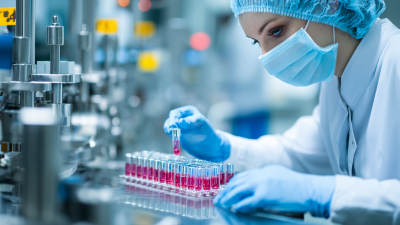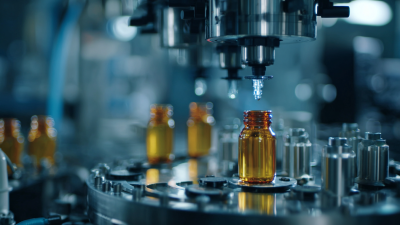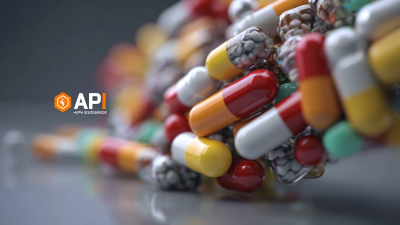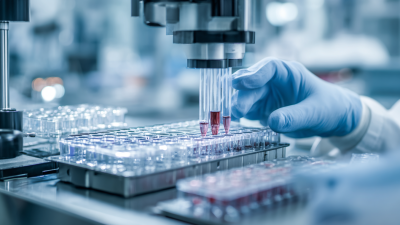In an era where technology intertwines deeply with healthcare, the landscape of medicine manufacturing is undergoing a profound transformation. As per a report by McKinsey, the global pharmaceutical industry is projected to exceed $1.5 trillion by 2023, driven by advancements in digital technologies and a growing demand for personalized medicine. The integration of artificial intelligence, automation, and data analytics is paving the way for more efficient production processes, significantly reducing time-to-market and enhancing quality control.
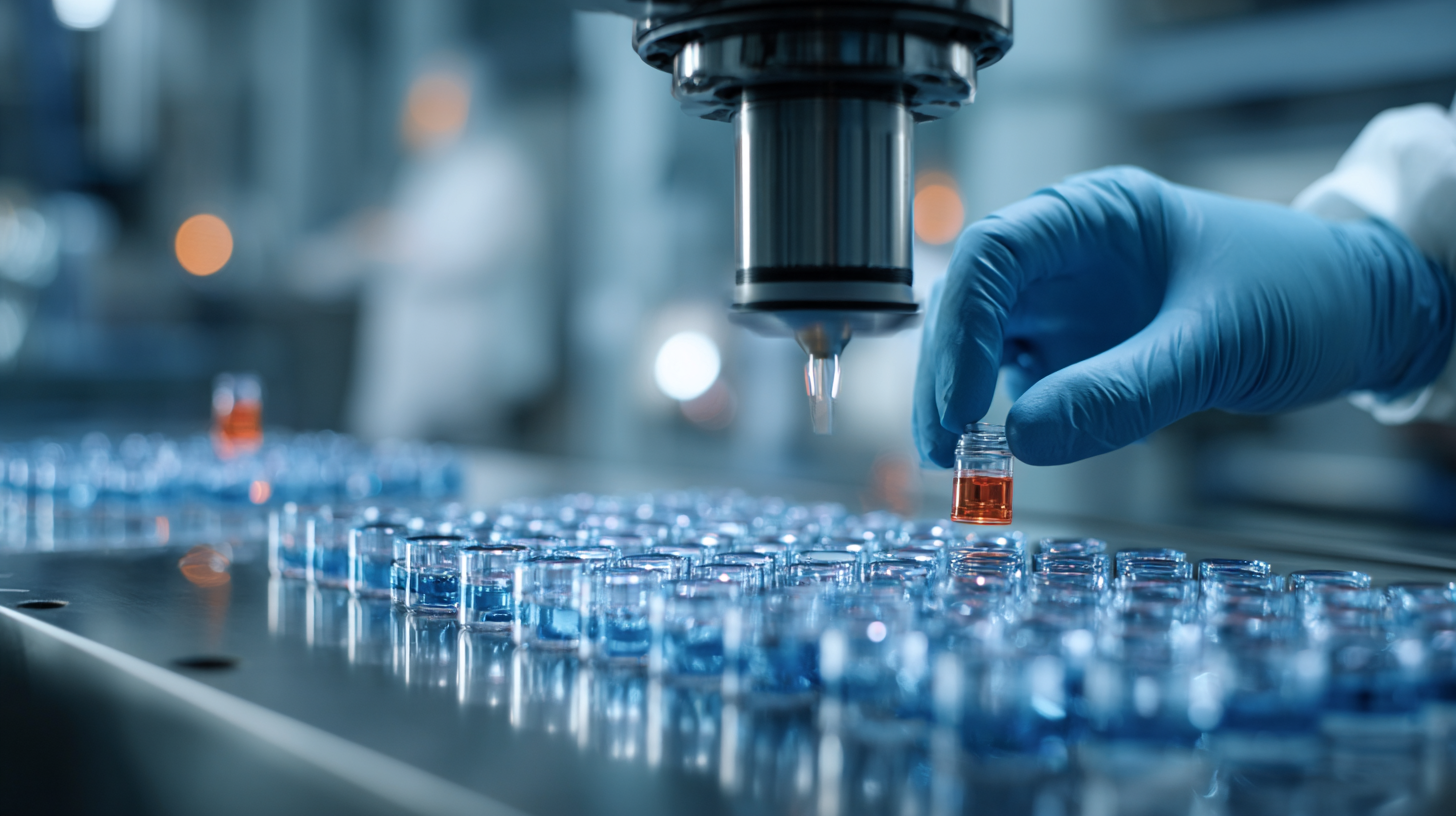
Moreover, the use of blockchain technology promises to streamline supply chain management while ensuring transparency and traceability. With these innovations, medicine manufacturing is not just evolving; it is revolutionizing the very foundations of pharmaceutical development, fostering a future where precision and efficiency are paramount.
The pharmaceutical industry is on the brink of a transformative shift with the rise of smart manufacturing technologies. According to a recent report by McKinsey, the adoption of Industry 4.0 technologies in pharmaceuticals could enhance productivity by up to 30% and reduce time-to-market by 50%. These advancements include the integration of IoT devices that provide real-time data, allowing manufacturers to monitor production processes and ensure quality control more effectively. The implementation of predictive analytics is becoming essential, helping companies forecast demand and optimize inventory management, thus minimizing waste and cost.
Moreover, artificial intelligence (AI) is playing a pivotal role in streamlining drug development and production workflows. A 2022 report by Deloitte highlighted that AI applications in pharmaceutical manufacturing could lead to an estimated $50 billion in annual savings across the industry. Smart factories equipped with advanced robotics are increasingly capable of handling complex processes with precision, ultimately leading to improved product consistency and shorter lead times. As these technologies continue to evolve, the pharmaceutical sector is well-positioned to not only improve efficiency but also to enhance the overall quality of healthcare delivery.
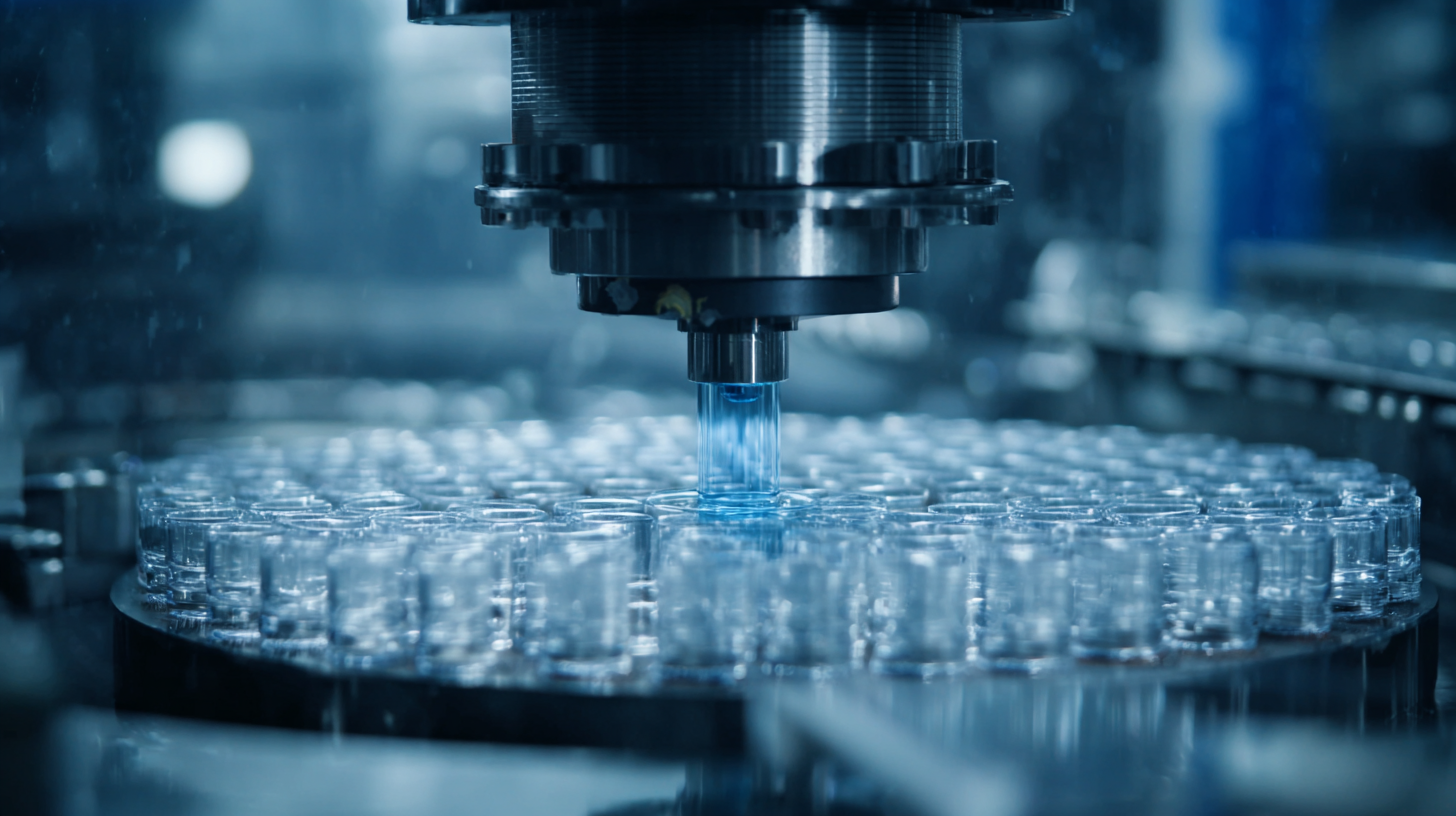
The integration of artificial intelligence (AI) and machine learning (ML) in drug discovery is reshaping the pharmaceutical landscape, driving efficiencies that were previously unimaginable. Traditional drug development is characterized by lengthy timelines and significant financial burdens, often spanning decades and costing billions of dollars. However, recent innovations indicate a transformative shift; the AI-driven drug discovery platforms market is projected to grow from USD 2.9 billion in 2025 to USD 12.5 billion by 2035, reflecting a compound annual growth rate (CAGR) of 14.9%. This dramatic growth underscores the increasing reliance on AI technologies for expediting drug development processes.
Moreover, advancements in AI are facilitating more effective drug target discovery, an essential step in contemporary pharmaceutical research. By leveraging sophisticated algorithms and large language models, researchers can now navigate complex biochemical landscapes more efficiently than with conventional methods. Reports indicate that the market for AI in the pharmaceutical industry is expected to surge from USD 3.24 billion in 2024 to an astonishing USD 65.83 billion by 2033, signifying a burgeoning recognition of AI as an integral component in enhancing drug discovery and improving patient outcomes. The urgency to embrace these technological innovations is paramount as the sector evolves towards a digital-first paradigm.
This bar chart illustrates the average time taken in months for different stages of drug development, highlighting the efficiency improvements brought by AI and machine learning in the pharmaceutical industry.
The integration of blockchain technology into pharmaceutical supply chains represents a transformative leap towards enhancing both transparency and security. By utilizing decentralized ledgers, stakeholders can track and verify the journey of drugs from manufacturers to consumers. This immutable record offers a clear audit trail, reducing the risk of counterfeit products entering the market. Each transaction is securely logged, making it near impossible for fraudsters to alter information without detection, thereby safeguarding public health.
Moreover, blockchain facilitates improved collaboration among various players in the supply chain. Manufacturers, distributors, pharmacists, and regulatory bodies can access real-time data, ensuring everyone operates with the same verified information. This not only minimizes discrepancies but also fosters trust among participants. As the pharmaceutical industry grapples with challenges related to compliance and traceability, blockchain provides a robust solution that enhances accountability while streamlining processes. The potential for smart contracts further automates transactions, reducing administrative burdens and expediting the delivery of essential medications to those in need.
In the digital age, data-driven decision-making is revolutionizing the pharmaceutical manufacturing landscape. The integration of Industry 4.0 technologies, such as AI, IoT, and predictive analytics, has enabled manufacturers to optimize production processes like never before. For instance, research indicates that companies implementing advanced analytics can achieve process efficiencies up to 20% while dramatically reducing waste and operational costs. By leveraging these data-driven insights, manufacturers can streamline workflows and enhance product quality, leading to faster time-to-market for critical pharmaceuticals.
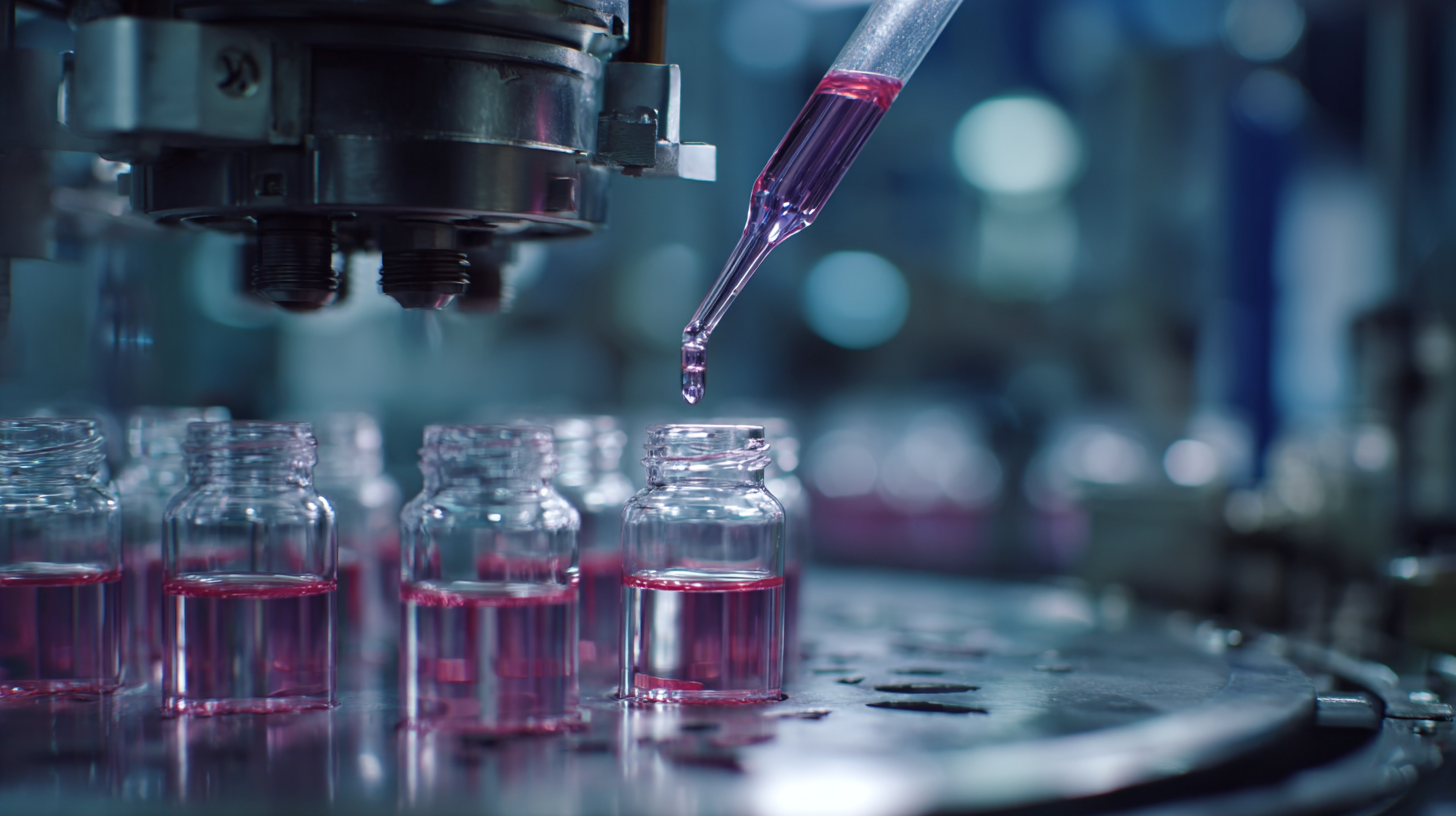
Moreover, Discrete Event Simulation (DES) has emerged as a powerful methodology in this context. It allows manufacturers to model complex production scenarios and evaluate various strategies through real-time data analysis. With the rise of smart manufacturing technologies, the ability to analyze large datasets from production lines is more crucial than ever. According to industry forecasts, the market for AI in drug manufacturing is projected to grow significantly, with AI applications expected to account for a substantial portion of the $100 billion pharmaceutical analytics market by 2025. This growth underscores the necessity for companies to adopt data-driven methodologies to remain competitive in an increasingly digital world.
The integration of the Internet of Things (IoT) in medicine manufacturing is transitioning the pharmaceutical landscape into a more responsive and efficient realm. According to a report by Accenture, the pharmaceutical industry could save approximately $90 billion annually through the adoption of IoT technologies, which facilitate real-time monitoring and enhance quality control processes. By employing connected devices throughout production chains, manufacturers can continuously track environmental conditions, such as temperature and humidity, crucial for maintaining drug integrity.
Moreover, IoT-enabled sensors can detect deviations from predefined quality parameters instantaneously, thus minimizing the risks of product recalls. A study by Deloitte highlights that utilizing IoT in quality control can reduce manufacturing defects by up to 30%. This not only ensures compliance with stringent regulatory standards but also builds greater trust with consumers through enhanced product safety. As the pharmaceutical industry embarks on this digital transformation, the strategic implementation of IoT technologies will undoubtedly play a pivotal role in revolutionizing medicine manufacturing and shaping a sustainable future in healthcare.
